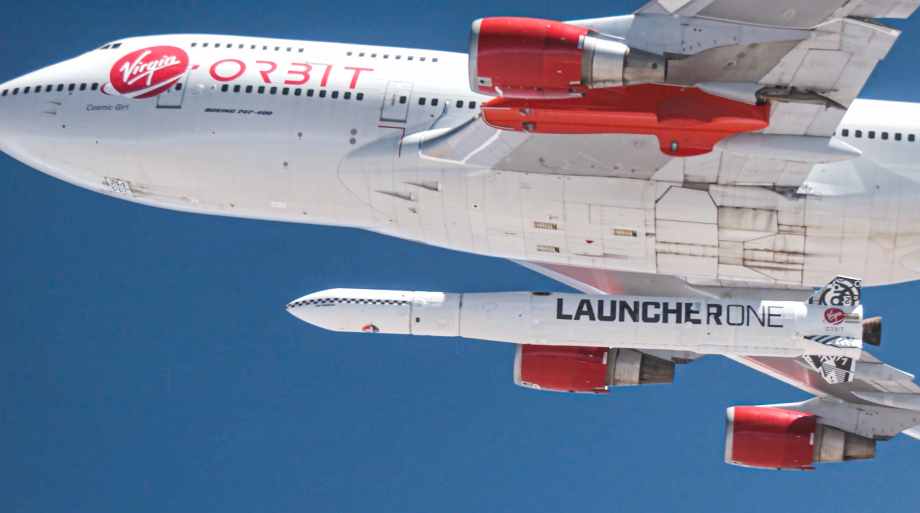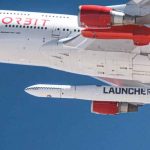Virgin Orbit is close to raising $200 million from Matthew Brown to prepare for its next mission

Virgin Orbit is close to raising $200 million in new funding from Texas-based venture capital investor Matthew Brown via a private share placement, according to an exclusive report from Reuters.
Although Virgin Orbit did not comment on the potential deal, the company said on Wednesday that it plans to restart operations on March 23 and will recall a number of its employees in preparation for its upcoming mission.
The news comes almost three months after Virgin Orbit rocket LauncherOne launched from a jumbo jet suffered an anomaly that prevented it to deploy nine small satellites into lower Earth orbit.
This deal could provide a much-needed injection of confidence for Richard Branson’s financially challenged space startup, which has been grappling with diminishing cash reserves and increasing losses amidst fierce competition in the market.
Citing the non-binding term sheet, Reuters also reported that Virgin Orbit and Matthew Brown are aiming to close the deal on Friday, which is not binding and remains subject to a final agreement. An individual familiar with the matter also told Reuters that Virgin Orbit’s board approved the transaction during a meeting on Tuesday.
As per the terms of the agreement, Matthew Brown will have the right to convert his preferred shares worth $200 million in Virgin Orbit to common shares at the volume-weighted average price in the 30 days leading up to the signing of the deal.
The market capitalization of the satellite launch company has plummeted to a historic low of $150 million as of Tuesday, a sharp drop from its previous value of over $3 billion two years ago when it went public through a blank-check deal.
Founded in 2017 by billionaire Richard Branson as a subsidiary of Virgin Group, a British multinational conglomerate, Virgin Orbit’s mission is to provide affordable and flexible launch services for small satellites, using a unique air-launch system that enables rockets to be launched mid-flight from a modified Boeing 747 aircraft named “Cosmic Girl”.
The company went public in July 2019 through a special purpose acquisition company (SPAC) deal. The SPAC, named Social Capital Hedosophia, was created by venture capitalist Chamath Palihapitiya and was specifically established to acquire a technology company and take it public.
Through the deal, Virgin Orbit received approximately $480 million in funding, which it planned to use to further develop its small satellite launch capabilities. However, since the SPAC deal, Virgin Orbit has faced financial challenges and has struggled to secure additional funding. As a result, the company’s market capitalization has decreased significantly, as mentioned in the previous question.
Meanwhile, it’s worth noting that the SPAC deal that took Virgin Orbit public is separate from the SPAC deal that Richard Branson’s other space company, Virgin Galactic, used to go public in 2019. The two companies are focused on different areas of the space industry, with Virgin Galactic focusing on space tourism and Virgin Orbit specializing in satellite launches.

